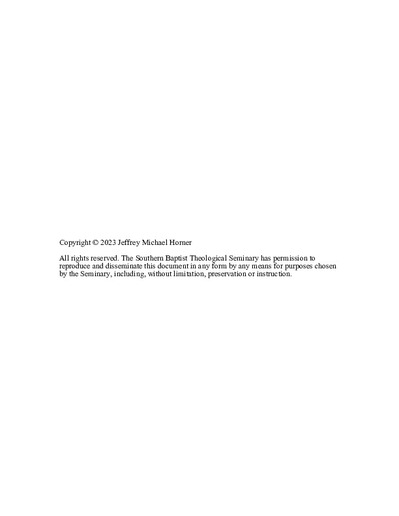| dc.description.abstract | Chapter 1 of this study explores the relationship between Christian curricular emphases and academic rigor among Christian secondary schools. It uses convergent data transformation methods to analyze published curriculum descriptions in relationship to published academic data. This study correlates the two sets of variables while controlling for the influence of family income on these academic performance metrics. Chapter 2’s review of the precedent literature first presents the foundations for Christian education. It then reviews studies of curriculum, both theoretical and practical, and introduces the term “Christian curricular emphases” for discussing intentional assertions of Christian principles. It also reviews studies examining selected criteria (AP courses, SAT scores, and acceptance into top universities) as measures of academic rigor. Few previously published studies have examined both strands together.
Chapter 3 outlines the methodology of the study’s convergent data transformation research design, which consisted of qualitative and quantitative analyses in four phases. The study required a population that could demonstrate both Christian curricular emphases and academic rigor, hence the selection of CESA schools. The first phase collected published qualitative curricular data and quantitative academic rigor data. The second phase gathered tuition and family income data to control for possible confounding variables. The third phase coded schools’ course descriptions for integration of faith and learning (IFL) language, which was then transformed into quantitative data for analysis. The fourth phase performed a multivariate analysis of variance with covariates (MANCOVA) on all collected data.
Chapter 4 presents the findings of the descriptive statistics and the inferential statistics. The study was a census of all the existing CESA schools at the time of the research window in 2016. Therefore, all the research findings were significant, no matter how small the interaction. The primary finding of note is that controlling for income level increased the effect size of IFL in every dependent variable.
Chapter 5 presents the conclusions and implications of this research study. Overall, this study found that CESA schools provided rigorous academics when compared to other categories of schools. Controlling for family income levels strengthened all academic rigor measurements. Increasing years of required Bible courses correlated with lower measures of academic rigor. Higher frequency of IFL language in science course descriptions correlated with higher academic rigor measures, while higher frequency of IFL language in English or social studies courses did not. No school used IFL language in math course descriptions. Evaluating CESA schools’ Christian curricular and academic rigor data confirmed the added clarity of controlling for income data.
Ultimately, this study provided a new methodology for correlating Christian curricular emphases and academic rigor in Christian secondary schools. Chapter 6 provides the basis for building an entirely new body of research related to IFL, including a plan researching and validating a new instrument for the study of IFL. Additionally, it proposes a small profile for the types of research expertise needed and the potential for a research center, either independent or attached to an institution of higher learning, and the attendant work required. | en_US |

